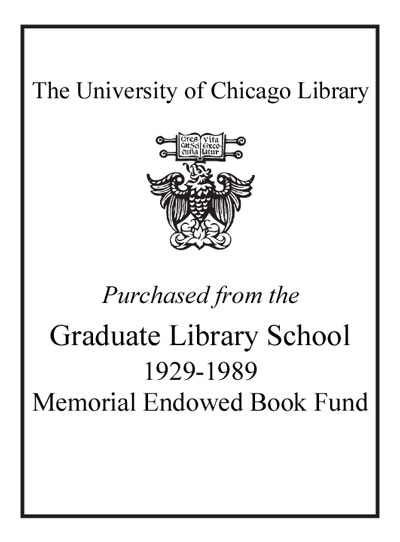Review by Choice Review
The partition of August 1947 created the new nations of India and Pakistan and caused the displacement of 14--16 million refugees who moved voluntarily or involuntarily between them. Ansari (Univ. of London) and Gould (Univ. of Leeds, UK) persuasively analyze how the concepts, legalities, and "messy realities of citizenship" (p. 3) developed and functioned in both new nations over the decade from independence onward. The authors use both vernacular and English-language newspapers and government documents to describe the parallels, divergences, and interrelationships in how each new government, and its diverse indigenous and immigrant communities, defined who should and should not be a citizen. Ansari and Gould effectively focus their comparative work by concentrating on India's largest province, Uttar Pradesh (and the adjacent national capital, New Delhi) and on Pakistan's second largest province, Sindh (and the adjacent national capital, Karachi). They show how events and developments in each of these regions deeply affected people and policies in the other. The thematically organized chapters innovatively highlight both nations' marginalized groups, including women, landless agricultural laborers, and their respective religious minorities. The epilogue relates these issues of citizenship to contemporary India and Pakistan. Summing Up: Highly recommended. Graduate students and faculty. --Michael H. Fisher, emeritus, Oberlin College
Copyright American Library Association, used with permission.
Review by Choice Review

